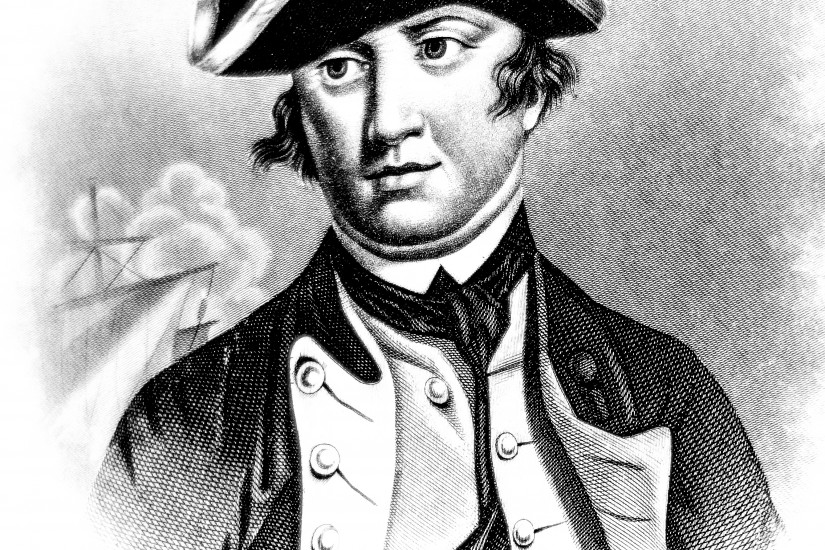At the dawn of the United States, before the Constitution, and more than 240 years before a U.S. intelligence source filed a whistle-blower complaint against President Donald Trump, Americans clearly understood the damage that high-ranking government officials can do if they use their public authority for private gain.
Esek Hopkins, a Rhode Island slave runner who became the commander in chief of the first United States Navy, was the catalyst for America’s first whistle-blower-protection law, which Congress passed on July 30, 1778. With this congressional support, members of his crew—long-forgotten men with names such as Richard Marven and Samuel Shaw—gave testimony that brought down Commodore Hopkins, ostensibly for the crime of torturing British prisoners of war. Archival research, however, reveals a more complicated story. Rather than serving the new United States in the American Revolution, Hopkins served himself. He repeatedly defied General George Washington’s orders for where and when to engage the British during the war when they conflicted with his self-interest. Rhode Island elites were addicted to the illegal slave trade, and that corruption was at odds with the ideals of the new republic and the state’s own laws.
Unlike Esek Hopkins—and Trump—the nation’s Founders understood corruption to be a threat to liberty and democracy itself. Recently, a still-unidentified whistle-blower within the U.S. intelligence community reported witnessing events of “urgent concern” that the community’s inspector general said should be disclosed to Congress. The acting director of national intelligence refused to turn over the information. Leaks suggest that the president withheld military aid to Ukraine in an attempt to pressure that country’s leader into digging up dirt on Joe Biden, one of the Democrats seeking to unseat Trump in 2020. Trump has described the accusation as a “Democrat/Crooked Media con.”
But, far from casting aspersions on whistle-blowers—for instance, by dismissing them as unpatriotic partisans—Congress has always recognized the need to protect people within government who have the courage to tell the truth about their superiors. Corrupt or even treasonous acts may never come to light unless someone speaks up.
